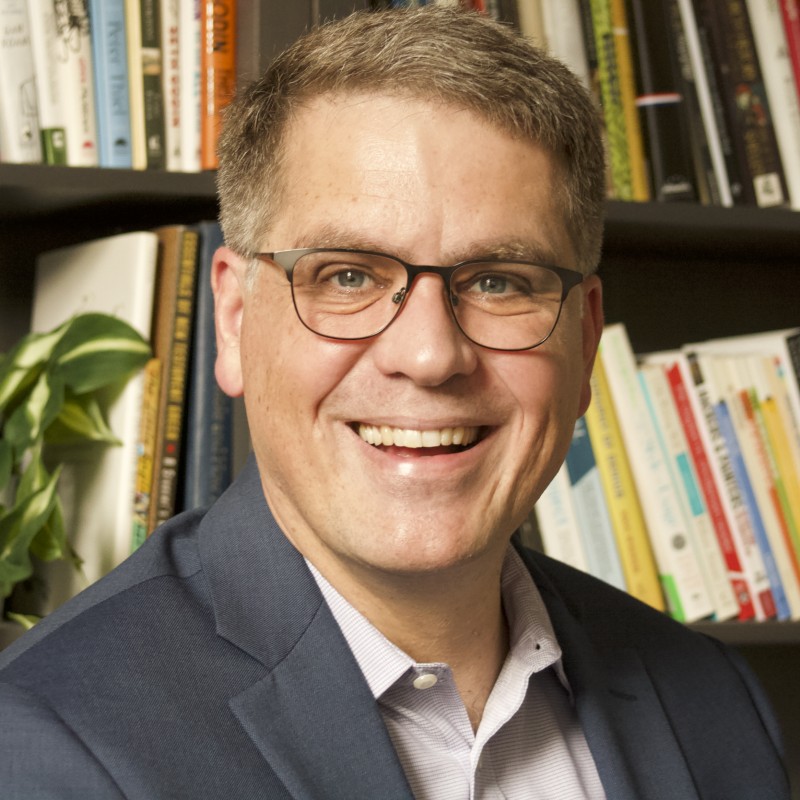Writing Blind
As my preschool fingers banged the keys of my parents’ ancient manual typewriter, I watched the black indentations appear on white paper with a mixture of fascination and satisfaction. Shapes jumbled together tumbling onto bleached wood pulp with the staccato sound of capstan on paper. Margin end. Bell chime. Wham! I shoved the carriage return and watched it shuttle back to the left. Latching, it was ready for another round of fulfilling nonsense. Clacking and chiming as one with the machine, my mind imagined an infinite wealth of subject matter. My writing would change the world, when I learned how to write.
This phase of spontaneous typing soon ended…I think because my father, ever practical, did not approve of wasted paper. However, I learned something fundamental about what gives me satisfaction: Physical words on a page, in my own voice, unique (and, in the case of my typing episode, unintelligible) reflections of who I am.
Between this first experience with writing and my first writing assignment in Grade 2 homeroom (What You Did This Summer), I lost the conviction that I had something of worth to say. The terrified feeling I had as I put my pencil on paper was nothing like the exhilaration of the madly racing typewriter. Then, I did not need to say anything, but now, I was to share something of worth, not only with my teacher, but also with the whole class. In halting, short sentence fragments, I began my writing career. “My dog is Bow-bow. We picked potatoes in the snow.”
“Vocation,” someone once told me, “is where your gifts meet the world’s needs.” My search for this elusive concept has stayed out of reach as I moved from place to place in the last ten years. Whether in church related work, or in other fields, I have never found the resonating sense of accomplishment, or “rightness” that I seek. In light of my failed search for meaning in work, I have wished for another to direct me to what I seek, believing that somehow a guide who has found his or her vocation may point the way. I wonder, though, if I do not wish to short-circuit a valuable but mystifying process.
The four-way stoplight blinked its one red eye indifferently as I rolled to a stop. Dread settled on my chest and my heart pounded as my breath came in shallow gasps. This episode became a morning routine as I neared work. Much of this anxiety came from my high standards, fear of letting others down, not least of all, myself. “Will I ever reach my potential?” I wondered. I felt stagnant, both emotionally and intellectually. Can vocation be found in a job? Alternatively, is it rather an internal quest for truth and self-improvement worked out in the countless ways and ultimately expressed in work that is in harmony with oneself? This tension in how to choose faithfulness over anxiety would follow me through decades of professional struggle.
Battling anxiety was for me almost entirely a function of the inner world. I found meditation techniques that helped slow my mind and bring a sense of calmness into my outer world. In a more complete way, I discovered something I had always known; my inner world is just as important as my outer world. How I live inwardly will bring context and meaning to my daily life.
My sense of calling (vocation: vocare, L. “to call”) has led me through two jobs and two educational experiences in the last five years. To say I have not learned anything would not be true, but there is much to learn. I long for the day when I perform a job that fulfills society’s needs and is in harmony with who I am becoming. Some day, work will be an extension of my life, not something neither juxtaposed haphazardly on it and taking it over, nor shoved into the darkest corner of my mind while I live for the weekend.
As much older and larger fingers type on a very different twenty-first century “typewriter,” I return again to the satisfaction of saying something on my heart, even when I do not know where it will take me. The satisfaction of creating and not knowing where that creation will lead me reverberates through the deepest parts of my soul, a symphony, improvising, blind, yet creating a masterpiece.
Originally published in Black River Review
Jefferson Community College, Spring 2002

